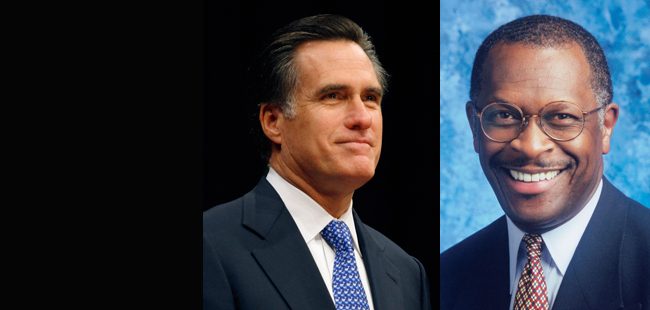Vanderbilt Poll November 2011
"In a democracy there is a critical need for elected officials to learn about the opinions of their constituents. We want to offer this information as a public service." CSDI Co-Directors John Geer and Josh Clinton
"Public Misperceptions about TN Student Performance"
Written by Jason Grissom, Peabody School of Education, Vanderbilt University, CSDI Affiliate
According to the most recently available data, only about 35% of Tennessee’s elementary and middle school students were “proficient” in math as measured by state grade-level standards. The small magnitude of this number would apparently come as a surprise to many Tennesseans, say numbers from the Vanderbilt Poll. Asked to estimate this percentage, more than half of the 1,328 respondents guessed high. One in four gave an answer of 60% or higher. Another 18% responded that they had no guess at all.

That respondents tend to overestimate how well Tennessee’s public school students are doing in school is perhaps surprising, given the heavy emphasis on making school performance information available to the public under No Child Left Behind (NCLB). Much of this data reporting is targeted to parents. Yet parents of current public school students were no better at estimating this percentage than other respondents. Nor were there differences among whites and African Americans, wealthy and poor, or liberals and conservatives. Each of those groups was roughly equally likely to estimate high.
Of course, we might expect parents and others to be more attuned to data about their local public schools than about the performance of the state as a whole. Perhaps our collective propensity to overestimate how well the public schools are doing in general is merely an interesting statistical factoid. On the other hand, maybe these misperceptions matter. Conditional on demographic factors, respondents who overestimate how well the schools are doing tend to give higher marks to government officials such as their local school board and the Tennessee Department of Education. They also tend to be less supportive of some kinds of school reform, such as private school vouchers and charter schools. In other words, greater awareness of the true test score performance of Tennessee’s schools predicts lower support for the status quo, with respect to both education policymakers and aspects of education policy itself.
"VU Poll: Gingrich and Cain, Romney and Perry"
Written by LARRY BARTELS, NOVEMBER 17, 2011 for The Monkey Cage
In the Vanderbilt Poll, conservatives comprised a majority of every major candidate’s supporting coalition. However, only Cain and Gingrich drew more than 80% of their support from avowed conservatives. Their supporters’ views on a variety of specific issues were similarly distinctive:
More than 90% opposed stimulus spending.
- 80% or more opposed President Obama’s health care reforms.
- More than 60% wanted less government regulation of business.
- More than 60% supported a new Tennessee law limiting the clout of teachers’ unions.
- More than 60% opposed increasing taxes on the rich.
The differences between Cain and Gingrich supporters on these issues were all modest, never exceeding 8 percentage points.
It is hardly surprising that Cain’s supporting coalition looks so solidly conservative. But it is a big surprise in the case of Gingrich. Remember, this is the guy who was being excoriated just six months ago for denouncing the Republican budget as “right-wing social engineering.”
Read Professor Bartels's entire post on The Monkey Cage.
Highlights from the 2011 November VU Poll
National Politics
- Herman Cain received the most support of the Republican presidential candidates (22 percent), while Mitt Romney came in second (12 percent) and Rick Perry came in third (9 percent).
- When asked who they would elect for President, Tennesseans preferred Republican candidates Herman Cain, Mitt Romney and Rick Perry over Barack Obama. When given a third option of a qualified Independent candidate, Republican candidates lost support.
- The approval rating of both President Obama and the U.S. Congress continued to decline over the last six months. 39 percent of Tennesseans supported President Obama while only 20 percent approved of Congress.
- Tennesseans cite too much money in politics as the main reason behind current national problems.
Tennessee Politics
- Over half of survey respondents supported Governor Bill Haslam while about 40 percent supported the Tennessee State Legislature.
- 51 percent of people surveyed supported Senator Lamar Alexander; a little less (46 percent) supported Senator Bob Corker.
Demographic Data about Survey Respondents
- 69 percent of survey respondents identified as white; 20 percent identified as African American; and 6 percent of respondents identified as Hispanic/Latino.
- Survey respondents were nearly evenly divided along gender lines: 51 percent were women and 49 percent were men.
- Almost 70 percent of survey respondents identified themselves as born-again Christians and more than 50 percent reported that they attended a place of worship at least once a week.
- Half of people surveyed reported owning their own home with a mortgage.





